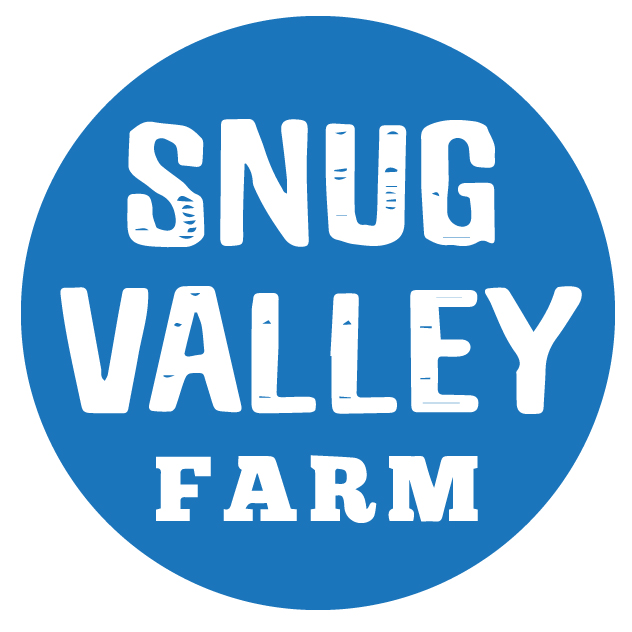Snug Valley Farm Finds Success in its Story
August 02, 2021
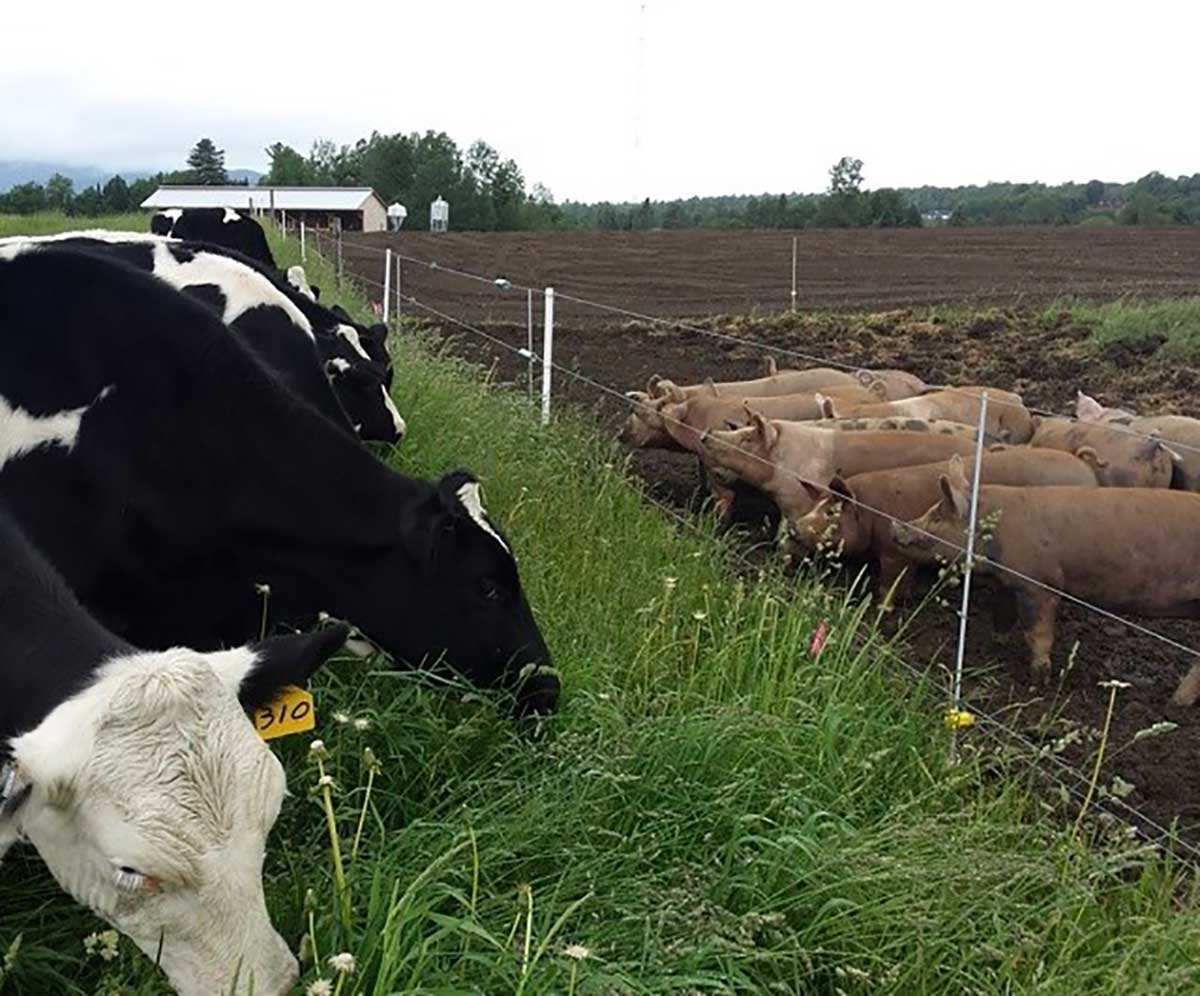
By Jake Claro, Farm to Plate Director
Vermont continues to lose dairy farms at a devastating rate – as of July the state had lost 66 this year alone. As dairy farmers struggle with whether or not they can survive in their current industry many look to what could be next. The Nottermann family, owners of Snug Valley Farm, long ago figured out that their post-dairy success lay in being able to tell their story.
Ben Nottermann knows that telling a good story is key to a successful diversified farming operation in Vermont. On Snug Valley Farm, the grass-fed beef and heritage pork farm he owns and operates with his parents Nancy and Helm, the history behind the product is a big part of what appeals to customers both within and outside Vermont.
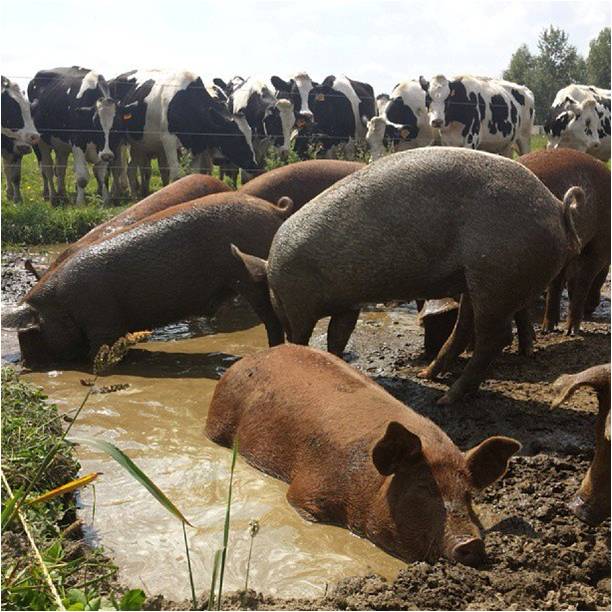
Holsteins looking on as the Hogs have some fun in the mud. Photo courtesy of Snug Valley Farm
“You need to be able to tell your story to engage customers,” says Ben, who is the operations manager at Snug Valley. “We don’t really need to educate customers anymore on why grass-fed beef is good, they know that. Now it’s more about telling the story of how we got here that gets them coming back.”
Snug Valley has found success by navigating the changing face of farming in Vermont over the past half-century. Nancy and Helm Nottermann founded Snug Valley as a dairy farm in Bradford, Vermont in the early 1970s. It continued as a dairy operation when Nancy and Helm relocated to East Hardwick in 1979 until the price of milk cratered in the late 1980s. At that point the Nottermanns shifted their focus to grass-fed beef. They were already experts at raising Holsteins using environmentally friendly and sustainable methods, and with the shifting markets it seemed like a logical next step.
Farmers’ markets were not yet a staple across the Vermont landscape and the localvore movement was still a decade away, but the Nottermanns could tell that changing up their product line was going to be critical.
“You have to be diverse and can’t focus on one single product,” said Ben. “You need to piece it together to make it work.”
Over the next few decades Snug Valley Farm found success with this approach. They started growing and selling heritage pork and added a pumpkin operation. They now operate out of farmers’ markets across Central Vermont and Chittenden County, and distribute to local restaurants and coops. Ben is a partner in a farm-to-food truck business called Back Road BBQ, which operates out of Cabot, Vermont. The Nottermanns also sell their products via the online CSA farmerstoyou.com, which connects farmers in Vermont with customers in the Boston area. At every one of these outlets, the Nottermann’s story helps grow their brand and keep customers coming back.
“Social media helps and face-to-face goes a long way,” Ben says. “The culture in Vermont is great for foodies, especially compared with other parts of the country where people don’t seem to care as much about where their food comes from.”
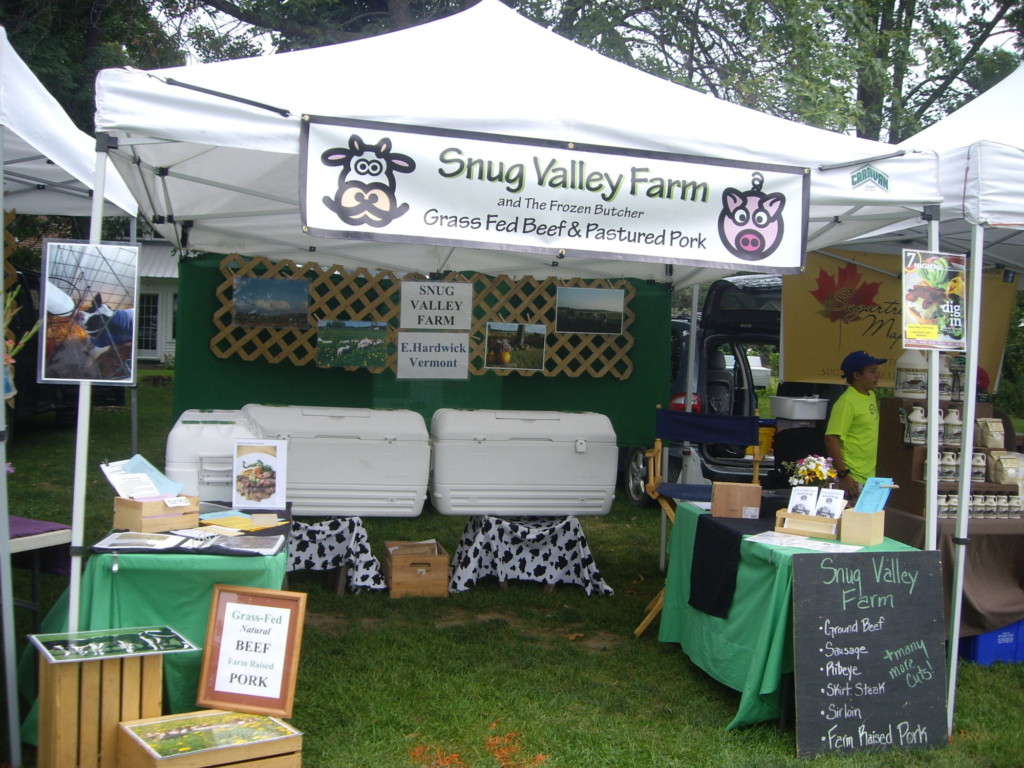
Snug Valley Farm Farmers’ Market Display. Photo courtesy of Snug Valley Farm
Farming has never been easy but it is arguably harder now than ever before. Crashing milk prices, crowded marketplaces, and increasingly strict regulations make farming challenging for even the most seasoned farmer. The answer is usually not a straightforward or simple one. Despite this, many like the Nottermanns, have figured out ways to continue to farm. The solution for the Nottermanns has laid in grass-fed beef, a diversity of products and telling their story in a compelling manner.
This article is the second installment in Vermont Sustainable Jobs Fund’s Face of Farming Series. The series will profile a variety of farmers throughout Vermont who are employing best practices, implementing innovative approaches and who together represent the evolving face of Vermont’s agricultural system.
